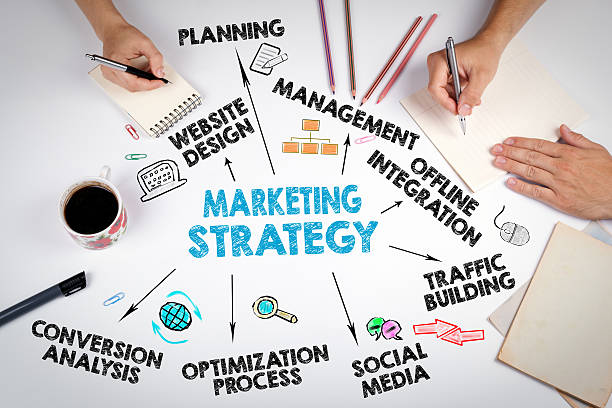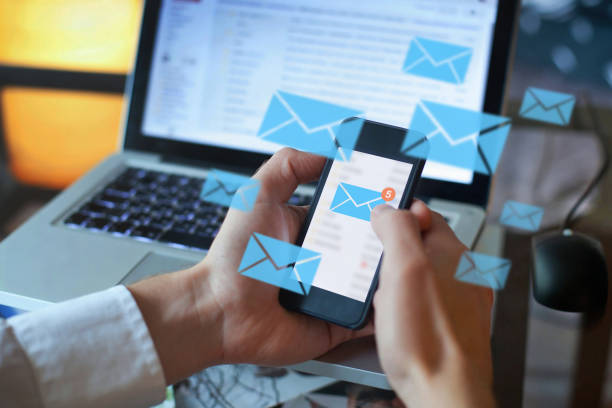Read this guide and learn the tips for better client engagement with this B2C email marketing strategy!
A B2C Company
B2C – short for business-to-consumer – is a retail model in which products are delivered directly from a company to the end consumer, who has purchased the goods or services for personal use. It is often compared with the B2B (business-to-business) model, in which goods and services are exchanged between companies rather than between companies and consumers.

How Does B2C Work?
B2C companies sell goods and services directly to their customers. A consumer can be defined as an end user who purchases a product or service for personal use. Although many businesses sell their own products, this is not a requirement for the B2C model, as many businesses also sell products purchased from other businesses.
A B2C retail experience might be shopping at a local grocery store or buying new headphones from an online store. A B2C service experience can be visiting a doctor, going to a hair salon or nail salon, going to a restaurant, or using the Uber app to purchase transportation.
What Is Business-to-Consumer and How Does It Differ From Business-to-Business?
After surging in popularity in the 1990s, business-to-consumer (B2C) increasingly became a term that referred to companies with consumers as their end-users. This stands in contrast to business-to-business (B2B), or companies whose primary clients are other businesses. B2C companies operate on the internet and sell products to customers online. Amazon, Meta (formerly Facebook), and Walmart are some examples of B2C companies.
B2C Email Marketing
In B2C email marketing, the core sales process of a B2C email marketing campaign is handled through the primary channel of email. This can include sending promotional emails, informational emails, or newsletters to a targeted group of consumers.
In most cases, these consumers have signed up for the email marketing campaign. An example is a simple welcome email you send when a customer opens an account with your company. This email tells them what to expect in terms of content and products.
Many B2C companies – especially brands with a large customer base – spend a large portion of their overall spend on marketing. Ads – such as videos or commercials – are widely used in B2C marketing because they can appeal to a broad audience, stir emotions, and increase brand awareness. In contrast, B2B companies focus on marketing to very specific customers, which makes broad-based advertising – across channels such as print, TV and social media – ineffective and expensive.
In addition, B2C marketing focuses on targeting users and buyers who fit certain demographic characteristics. Cross-selling and upselling can be an important source of revenue for B2C retailers – especially e-commerce vendors. Individual shopper data can be used effectively to create personalized shopping recommendations. However, lead management is far less practiced by B2C companies because sales cycles tend to be short.
Postr:
If you’re looking for the best email marketing software to promote your business, Postr is the right choice. This is a free email marketing tool that offers content-ready, working email templates that look great for all major email clients.
Postr is a well-known and highly recommended platform. The company uses artificial intelligence to help its clients achieve open rates of at least 70% for their email campaigns.
This is also one of the best free solutions as it includes content-ready responsive templates that look good in all major email clients.
With Postr’s features, you can create processes for follow-up communications, segment customers, and send emails. You can also use AI-driven algorithms to determine the ideal time to send email messages for maximum deliverability.
Click here and learn more about this API:
These Alternatives To iPost Make Email Marketing Look So Easy! (thestartupfounder.com)

